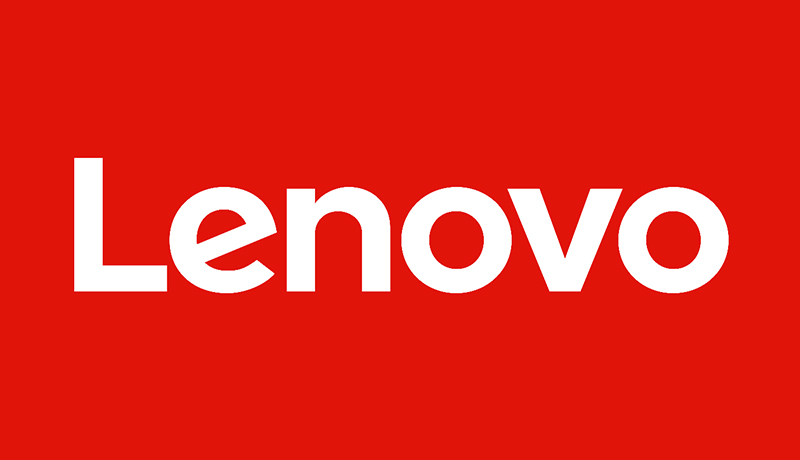
By Mohammed Hilili, General Manager, Lenovo Gulf and East Africa
Small and medium businesses (SMBs) have been affected by the pandemic – often struggling to ensure continuity, let alone achieve sustained growth.
However, the news is not all negative. We have also seen countless examples of entrepreneurs rising to the challenge and tackling the unexpected head-on. SMBs who move quickly to take advantage of new technology business models are not only keeping afloat, but are actually thriving.
One of the most successful technology adaptations for SMEs has been the outsourcing of IT managed services to a trusted provider. Within this model, typically time-consuming IT tasks are outsourced to a service provider, using an IT environment with cloud-based resources that facilitate remote working.

Global IT research firm Techaisle has also found that maintenance and support consume 77% of SMB IT staff time, leaving only 23% of the time for transformation or innovation activities. With added pressure to manage costs and reduce IT budgets, managed services can help SMBs get smarter about their existing approach to IT and develop a greater sense of agility without the accompanying capital outlay. By outsourcing standard, IT management tasks, more and more SMEs can now channel the energy, time, and talent of their in-house teams towards strategic initiatives that help drive the business forward.
Adopting managed services is not only a time-saver, in the long run, it can also help to keep top talent. A Lenovo-commissioned study by Forrester identified that job satisfaction and productivity levels of SME workers correlate directly to their technology tools and devices. Over 80% of respondents who were satisfied with their work devices felt more productive at work – so we cannot overlook the importance of this element.
This means that having the right access to technology, coupled with a corresponding level of IT support, can make a big difference to employee satisfaction. To enable organizations to be successful, managed services will enable IT related queries from employees to be addressed quickly (and safely) from a distance, just as they ensure that workers from across the Gulf gain access to the right information from the right device as stipulated in well-articulated service-level agreements between the SMB and their appointed managed service providers.
With large numbers of employees now working from home, important files and data are being accessed from various endpoints, networks, and devices which are often much less secure than those provided in the office. This has made it challenging for resource-strained IT teams to have visibility over every employee, their devices, networks, and behaviors, thus exposing businesses to security threats.
As a result, we are witnessing a dramatic increase in cyberattacks, with cybercriminals taking advantage of remote workers and unsecured endpoints to infiltrate business systems and data.
To achieve both agility and resilience, managed services can also bring deep expertise, in order to anticipate, prevent and remediate such threats. These include endpoint management, threat detection, information protection, remote wipe, and restoration of devices.
Decision-makers must always think from the viewpoint of not ‘if’ an attack will take place, but ‘when’. And while that may seem daunting, the availability and robustness of today’s managed services are helping more SMBs than ever face the challenges and set out the groundwork for a more robust infrastructure, and where required – aiding rapid recovery.
